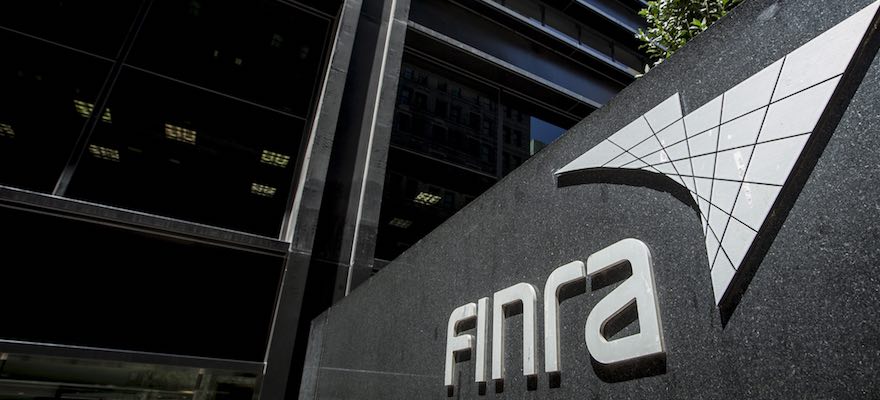For the first time, the Financial Industry Regulatory Authority (FINRA) has issued fraud charges in connection with the practice of initial coin offerings, or . The Wall Street’s industry-funded watchdog has accused Timothy Tilton Ayre, a Massachusetts resident, of defrauding investors through selling a cryptocurrency, known as “HempCoin,” which he misrepresented as backed by investments in a public company.
The statement describes how Ayre sold the digital tokens as part of a purported plan to lure victims to invest in his ‘worthless’ company, Rocky Mountain Ayre, Inc. (RMTN), which was trading over the counter on the Pink Market of OTC Markets Group.
According to the complaint, Ayre repackaged HempCoin tokens and promoted it as “a security backed by RMTN common stock.” He also advertised the cryptocurrency, which was listed for trading on two exchanges, as the world’s first cryptocurrency to represent equity ownership in a publicly traded company.
The regulator further alleges that Ayre promised investors that each coin was equivalent to 0.10 shares of RMTN common stock.
Meanwhile, the agency did not provide any details about whether Ayre is in custody or where he is also facing charges from regulators, or if its plans to return some of the proceeds from the scam by seizing accounts.
FINRA responds to growing threat of ICOs
The news of the RMTN scam underscores how the crypto crowedsales can be exploited by fraudsters flogging phony get-rich quick schemes.
While many ICOs claim they are simply selling tokens as a means to access new digital platforms, the FINRA issued last year a warning stating many such tokens are in fact ‘’ scams.
In concluding the filing, Finra said that the issuance of this complaint represents the initiation of a formal proceeding and does not represent a decision as to any of the allegations contained in the complaint. Under current rules, temporary cease-and-desist orders to alleged manipulators but they only remain in effect until the underlying disciplinary proceedings have concluded.





Be First to Comment